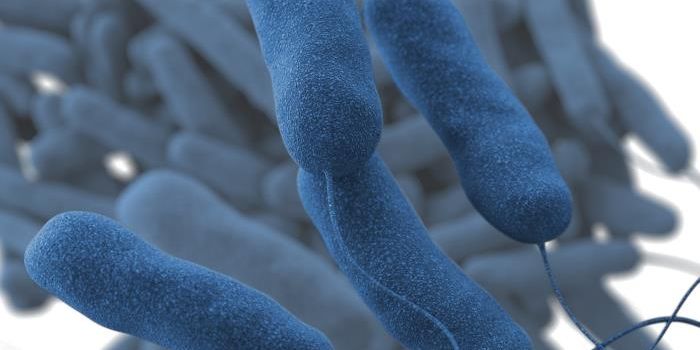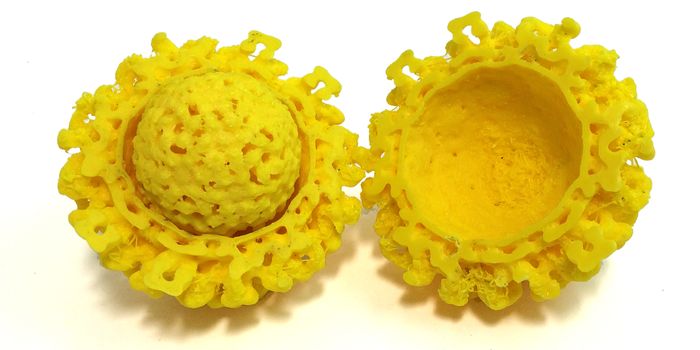Healthy Bacterial Strains That Can Fight Gut Infections are ID'ed
The community of microbes in the human gastrointestinal tract, the gut microbiome, is healthier when certain species of microbes are present, and when it contains a diverse group of microorganisms. A balanced gut microbiome can help control microbial pathogens that might be present, and a healthy gut microbiome reduces intestinal infections. Gut infections caused by antibiotic-resistant microbes are common in patients with chronic intestinal disorders like inflammatory bowel disease, or in individuals who have had to take long courses of antibiotics. Antibiotic-resistant bacteria are often found in healthcare settings, and they can cause serious problems and life-threatening infections in patients.
The gut infections are often caused by dangerous Gram-negative bacteria like Enterobacteriacea, and they can be tough to treat. One option is a fecal microbiota transplant, but this therapy is not always available and can have mixed results. Scientists have now identified eighteen strains of bacteria that could help eliminate these gut infections.
Reporting in Nature, researchers showed that these newly identified bacterial strains, which were isolated from stool samples from healthy humans, could reduce the growth of Enterobacteriaceae and lower inflammation in a mouse model.
In this study, the researchers isolated around 40 strains of bacteria from the healthy human stool samples. Mice that were infected with the pathogens E. coli or Klebsiella were then exposed to these beneficial microbes. Eighteen microbes that were best at suppressing the growth of the pathogenic bacteria were identified.
The beneficial gut microbes outcompeted the pathogenic germs for nutrients like carbohydrates. In mice that were infected with Klebsiella, the expression of genes related to carbohydrate uptake and metabolism were affected, such as transporters that move nutrients. This increased competition among microbes. The dangerous microbes were not able to establish an infection in the mouse intestines because of a lack of available nutrients, which had been used by the beneficial microbes. This study may help scientists create more effective treatments for patients with antibiotic-resistant gut infections.
While scientists have been studying the gut microbiome for about two decades, we are just starting to learn about what composes a healthy microbiome, such as the bacterial species and the molecules they generate that are important, or harmful. A healthy microbiome can also vary from one person to another.
In pediatric patients with gut inflammation, there were found to be more microbes that can cause inflammation, or specifically, Enterobacteriaceae that consume glucose, compared to patients without gut inflammation.
The work has suggested that gluconate is essential to Enterobacteriaceae, and gluconate is related to gut inflammation. However, a good gut microbe that also uses gluconate can compete with Enterobacteriaceae, and reduce its growth.
While more research will be needed, this study has opened up new possibilities for the treatment of antibiotic-resistant gut infections, particularly in patients with gut disorders.
Sources: Broad Institute of MIT & Harvard, Nature









